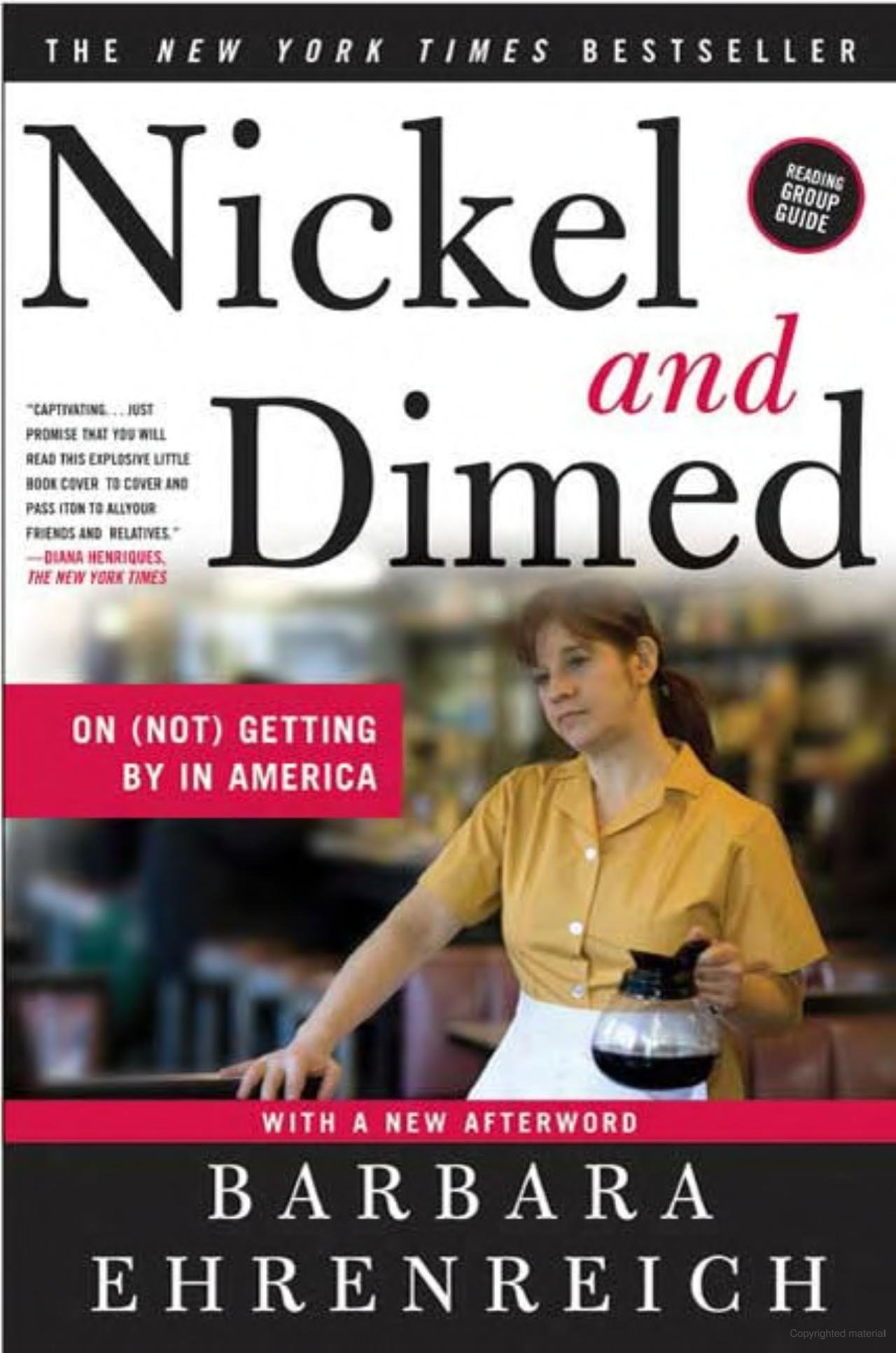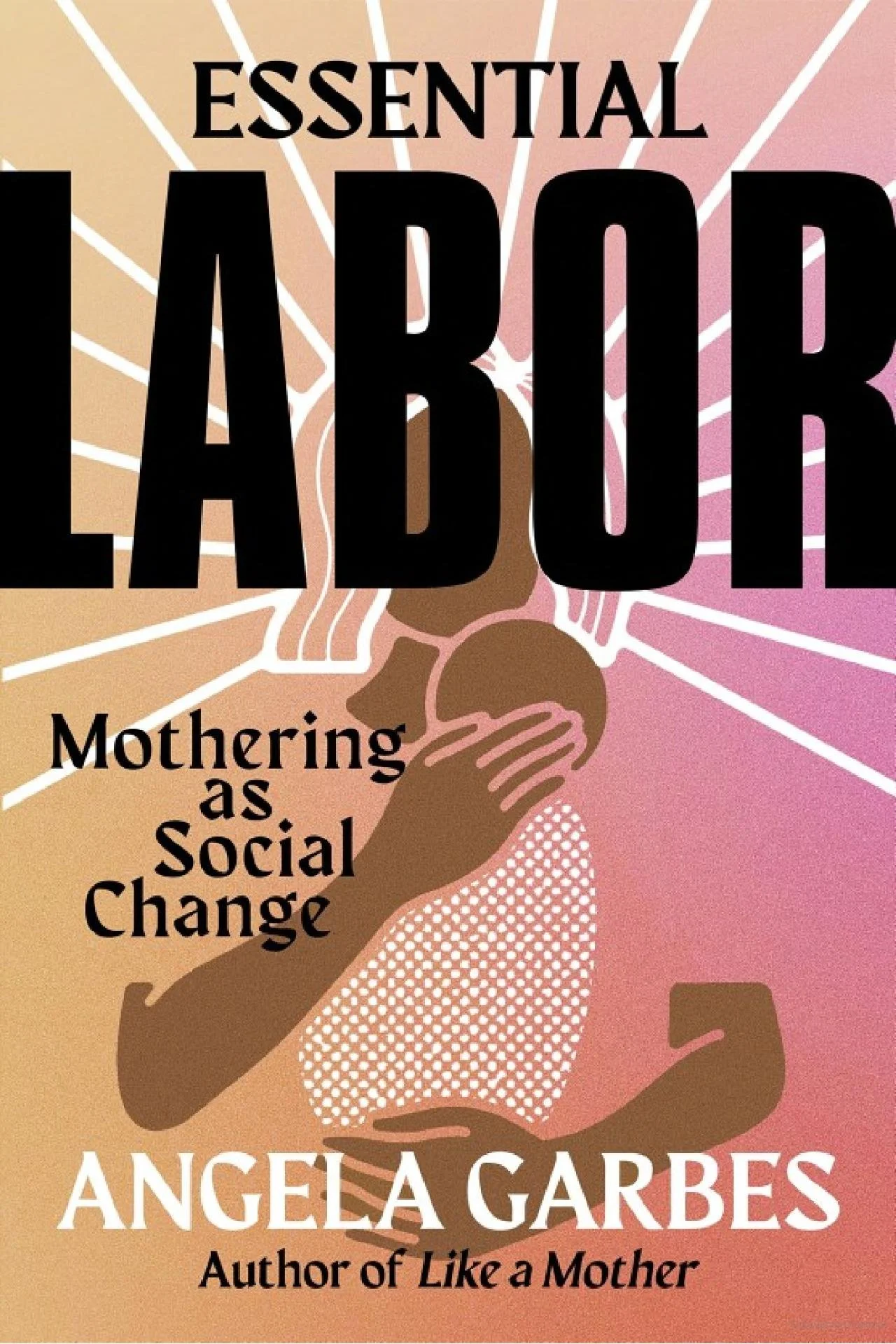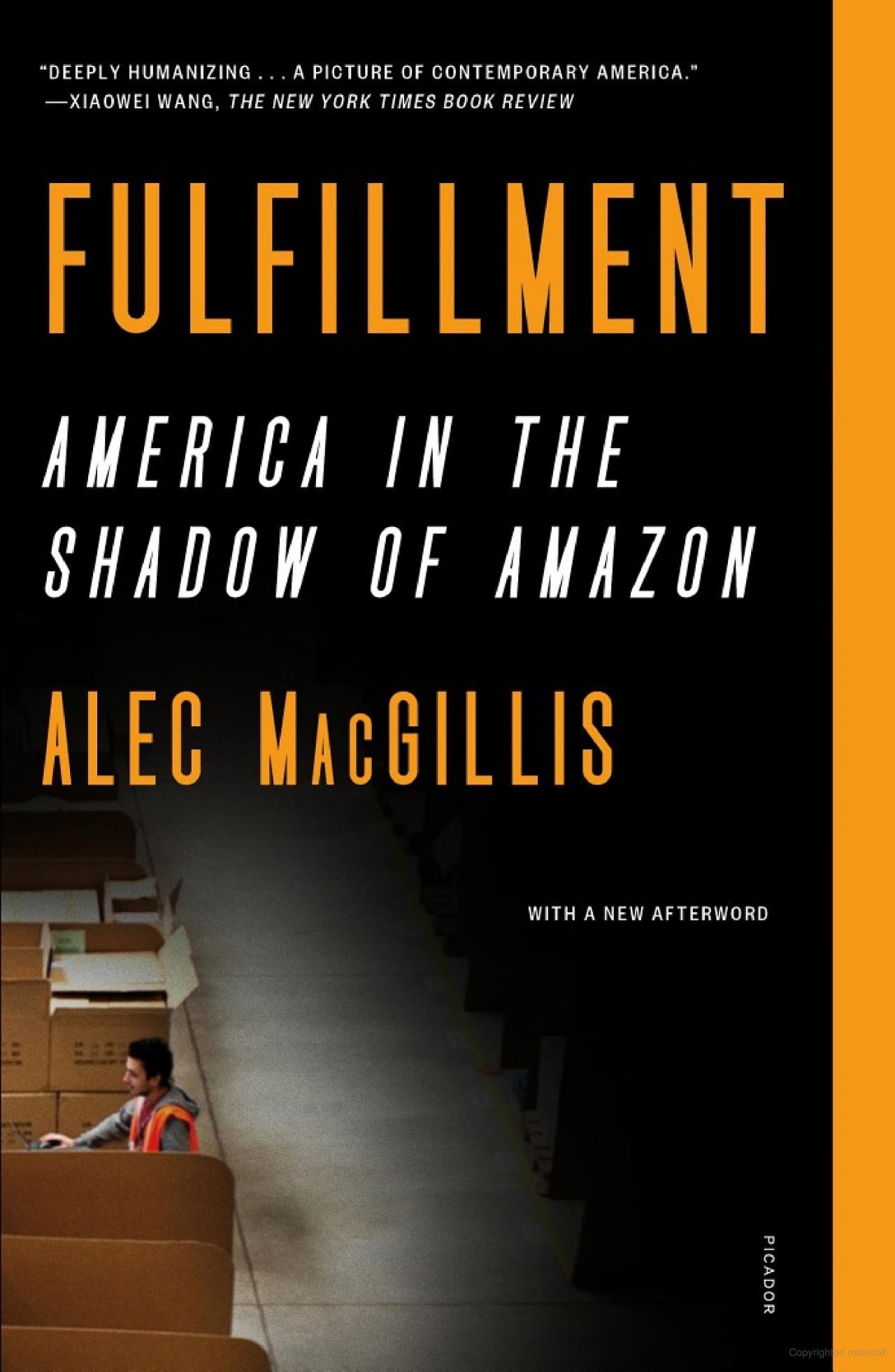5 Books to Pick Up This Labor Day
If you’re in the United States like me, you probably associate Labor Day with hot dogs, killer sales, and the end of summer. It’s easy to forget the origins of the holiday, which are less concerned with who’s allowed to wear white and more about organized labor and workers’ rights. President Grover Cleveland declared Labor Day to be a federal holiday in response to the nationwide Pullman Strike.
While we may have done away with the more egregious parts of life as a laborer in the early to mid 20th-century, grievances still remain. People are still overworked, underpaid, and subjugated—especially those groups among us that are traditionally marginalized. Women, people of color, the LGBTQ+ community, and the economically disadvantaged continue in the struggle for equitable treatment at work.
In observance of Labor Day, consider ordering one of these books from your favorite independent bookstore. Don’t have one of those? Visit IndieBound to find one.
Maid: Hard Work, Low Pay, and a Mother’s Will to Survive by Stephanie Land
At 28, Stephanie Land’s dreams of attending a university and becoming a writer quickly dissolved when a summer fling turned into an unplanned pregnancy. Before long, she found herself a single mother, scraping by as a housekeeper to make ends meet.
Maid is an emotionally raw, masterful account of Stephanie’s years spent in service to upper middle class America as a “nameless ghost” who quietly shared in her clients’ triumphs, tragedies, and deepest secrets. Driven to carve out a better life for her family, she cleaned by day and took online classes by night, writing relentlessly as she worked toward earning a college degree. She wrote of the true stories that weren’t being told: of living on food stamps and WIC coupons, of government programs that barely provided housing, of aloof government employees who shamed her for receiving what little assistance she did. Above all else, she wrote about pursuing the myth of the American Dream from the poverty line, all the while slashing through deep-rooted stigmas of the working poor.
Maid is Stephanie’s story, but it’s not hers alone. It is an inspiring testament to the courage, determination, and ultimate strength of the human spirit.
Nickel and Dimed: On (Not) Getting by in America by Barbara Ehrenreich
Millions of Americans work full-time, year round, for poverty-level wages. In 1998, Barbara Ehrenreich decided to join them. She was inspired in part by the rhetoric surrounding welfare reform, which promised that a job—any job—can be the ticket to a better life. But how does anyone survive, let alone prosper, on $6 an hour?
To find out, Ehrenreich left her home, took the cheapest lodgings she could find, and accepted whatever jobs she was offered. Moving from Florida to Maine to Minnesota, she worked as a waitress, a hotel maid, a cleaning woman, a nursing-home aide, and a Wal-Mart sales clerk. She lived in trailer parks and crumbling residential motels. Very quickly, she discovered that no job is truly unskilled, that even the lowliest occupations require exhausting mental and muscular effort. She also learned that one job is not enough; you need at least two if you intend to live indoors.
Nickel and Dimed reveals low-rent America in all its tenacity, anxiety, and surprising generosity—a land of Big Boxes, fast food, and a thousand desperate stratagems for survival. Read it for the smoldering clarity of Ehrenreich’s perspective and for a rare view of how prosperity looks from the bottom.
Essential Labor: Mothering as Social Change by Angela Garbes
The COVID-19 pandemic shed fresh light on a long-overlooked truth: mothering is among the only essential work humans do. In response to the increasing weight placed on mothers and caregivers—and the lack of a social safety net to support them—writer Angela Garbes found herself pondering a vital question: How, under our current circumstances that leave us lonely, exhausted, and financially strained, might we demand more from American family life?
In Essential Labor, Garbes explores assumptions about care, work, and deservedness, offering a deeply personal and rigorously reported look at what mothering is, and can be. A first-generation Filipino-American, Garbes shares the perspective of her family's complicated relationship to care work, placing mothering in a global context—the invisible economic engine that has been historically demanded of women of color.
Garbes contends that while the labor of raising children is devalued in America, the act of mothering offers the radical potential to create a more equitable society. In Essential Labor, Garbes reframes the physically and mentally draining work of meeting a child's bodily and emotional needs as opportunities to find meaning, to nurture a deeper sense of self, pleasure, and belonging. This is highly skilled labor, work that impacts society at its most foundational level.
Part galvanizing manifesto, part poignant narrative, Essential Labor is a beautifully rendered reflection on care that reminds us of the irrefutable power and beauty of mothering.
Fulfillment: America in the Shadow of Amazon by Alec MacGillis
In 1937, the famed writer and activist Upton Sinclair published a novel bearing the subtitle A Story of Ford-America. He blasted the callousness of a company worth “a billion dollars” that underpaid its workers while forcing them to engage in repetitive and sometimes dangerous assembly line labor. Eighty-three years later, the market capitalization of Amazon.com has exceeded one trillion dollars, while the value of the Ford Motor Company hovers around thirty billion. We have, it seems, entered the age of one-click America—and as the coronavirus makes Americans more dependent on online shopping, its sway will only intensify.
Alec MacGillis’s Fulfillment is not another inside account or exposé of our most conspicuously dominant company. Rather, it is a literary investigation of the America that falls within that company’s growing shadow. As MacGillis shows, Amazon’s sprawling network of delivery hubs, data centers, and corporate campuses epitomizes a land where winner and loser cities and regions are drifting steadily apart, the civic fabric is unraveling, and work has become increasingly rudimentary and isolated.
Ranging across the country, MacGillis tells the stories of those who’ve thrived and struggled to thrive in this rapidly changing environment. In Seattle, high-paid workers in new office towers displace a historic black neighborhood. In suburban Virginia, homeowners try to protect their neighborhood from the environmental impact of a new data center. Meanwhile, in El Paso, small office supply firms seek to weather Amazon’s takeover of government procurement, and in Baltimore a warehouse supplants a fabled steel plant. Fulfillment also shows how Amazon has become a force in Washington, D.C., ushering readers through a revolving door for lobbyists and government contractors and into CEO Jeff Bezos’s lavish Kalorama mansion.
With empathy and breadth, MacGillis demonstrates the hidden human costs of the other inequality—not the growing gap between rich and poor, but the gap between the country’s winning and losing regions. The result is an intimate account of contemporary capitalism: its drive to innovate, its dark, pitiless magic, its remaking of America with every click.
Fair Play: A Game-Changing Solution for When You Have Too Much to Do (and More Life to Live) by Eve Rodsky
Tired, stressed, and in need of more help from your partner? Imagine running your household (and life!) in a new way...
It started with the Sh*t I Do List. Tired of being the "shefault" parent responsible for all aspects of her busy household, Eve Rodsky counted up all the unpaid, invisible work she was doing for her family—and then sent that list to her husband, asking for things to change. His response was... underwhelming. Rodsky realized that simply identifying the issue of unequal labor on the home front wasn't enough: She needed a solution to this universal problem. Her sanity, identity, career, and marriage depended on it.
The result is Fair Play: a time- and anxiety-saving system that offers couples a completely new way to divvy up chores and responsibilities. Rodsky interviewed more than five hundred men and women from all walks of life to figure out what the invisible work in a family actually entails and how to get it all done efficiently. With four easy-to-follow rules, 100 household tasks, and a series of conversation starters for you and your partner, Fair Play helps you prioritize what's important to your family and who should take the lead on every chore from laundry to homework to dinner.
"Winning" this game means rebalancing your home life, reigniting your relationship with your significant other, and reclaiming your Unicorn Space—as in, the time to develop the skills and passions that keep you interested and interesting. Stop drowning in to-dos and lose some of that invisible workload that's pulling you down. Are you ready to try Fair Play? Let's deal you in.
Like this? You may be interested in our “Pay Me Like a White Man” t-shirt! Available in a variety of colors, sizes XS-5X with no added pricing for larger sizes. Order yours here.








